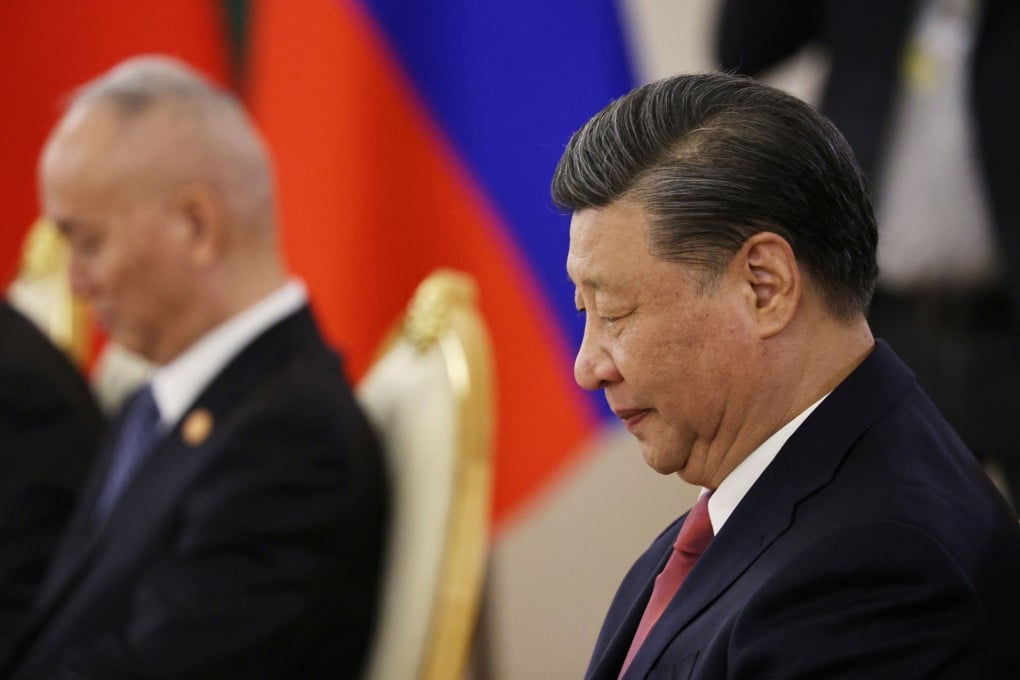Opinion | China is quietly revelling in the US’ latest financial crisis
- The string of bank collapses in the US due to a lack of Fed supervision feeds directly into Beijing’s narrative that American power is in irreversible decline

No two crises are alike. That is true of recent financial upheavals – the Asian financial crisis of the late 1990s, the dot-com crisis of 2000, and the global financial crisis of 2008-09. It is also the case with crises sparked by geostrategic shocks, such as wars, pestilence, famine, and pandemics.
The failure of SVB is symptomatic of a far bigger problem: a US financial system that is woefully unprepared for the return of inflation and the concomitant normalisation of monetary policy. SVB risk managers were in deep denial about such an outcome, and the bank was brought down by sharp losses on its unhedged US$124 billion bond portfolio, triggering a classic bank run by fearful depositors.
Depositors can hardly be blamed for not doing the due diligence on complex financial institutions they entrust with their assets. That task falls to the Federal Reserve, which, sadly, blew it again.
This is particularly disheartening in the aftermath of the post-2008 implementation of a new supervisory regime. “What if” stress tests for banks quickly became the gold standard for minimising the risk of financial contagion.

